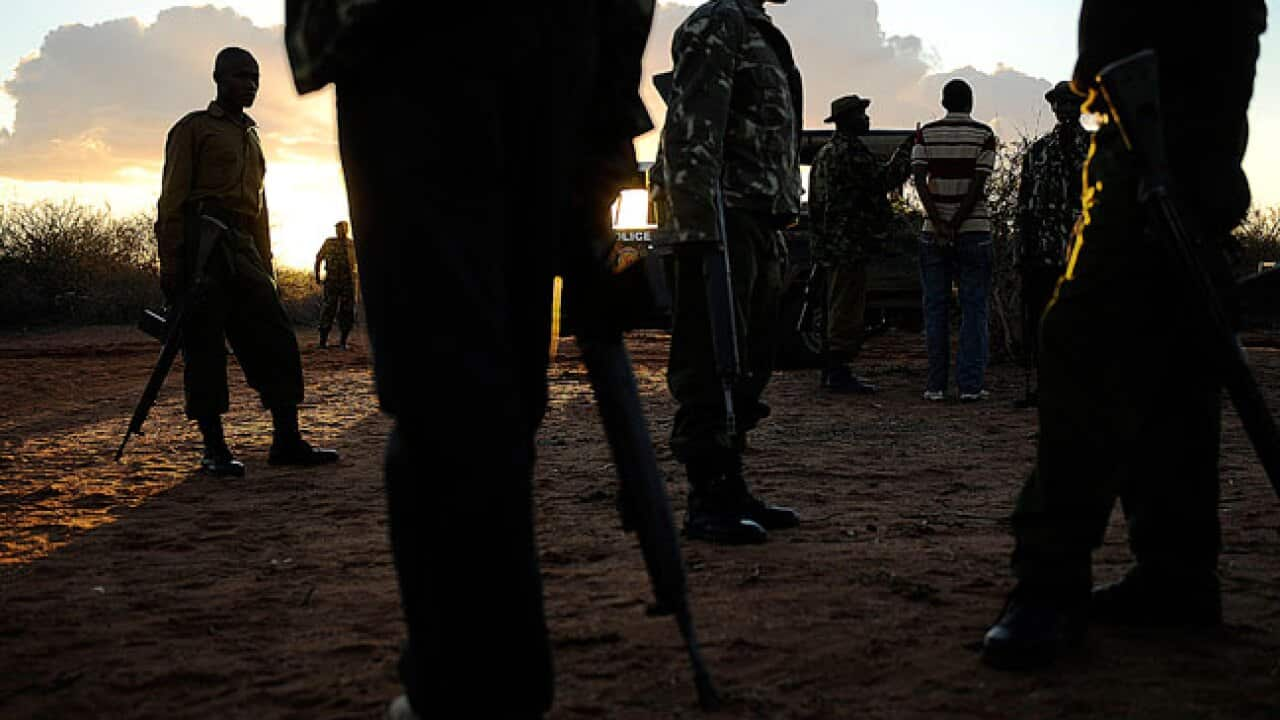Somalia's Islamist al Shabaab rebels have banned the International Committee of the Red Cross (ICRC), ordering it to close its emergency relief operations in the war-torn regions it controls.
The al Qaeda-linked al Shabaab said in a statement it had "decided to fully terminate the contract" of the ICRC, claiming it had handed out outdated food and had "falsely accused the mujahideen of hindering food distribution."
Hardline al Shabaab gunmen control large parts of south and central Somalia, a region the United Nations says is in the world's worst humanitarian crisis, with three areas hit by famine and nearly 250,000 people facing starvation.
The ICRC had already suspended food aid to 1.1 million people in southern and central Somalia earlier this month due to obstruction by local militia, including in al Shabaab-controlled regions.
The aid suspended included food as well as seeds for farmers, and was intended to be given to the thousands struggling from years of war and the impact of a devastating drought that has ravaged Somalia since October 2010.
However, the ICRC had continued to provide emergency aid including supporting health programmes and providing clean water.
But al Shabaab said the ICRC had "betrayed the trust" of the insurgents, and said it had set fire to "nearly 2,000 metric tons of expired ICRC rations intended for distribution."
The ICRC is one of the largest providers of emergency aid in Somalia and was one of very few international aid agencies still operating in areas controlled by the extremist al Shabaab. It is still operating elsewhere in Somalia.
Somalia, ravaged by nearly uninterrupted civil war for the past two decades, is one of the most dangerous places in the world for aid workers and one of the regions that needs them most.
In November, al Shabaab ordered shut 16 UN and other international aid agencies after raiding several of their offices, banning organisations it deemed "engaged in activities deemed detrimental to the attainment of an Islamic state."
Those raids left just a handful of aid agencies able to operate in rebel-held areas, including the now-banned ICRC and Medecins Sans Frontieres (Doctors without Borders).
Armies from neighbouring countries are converging on al Shabaab, with Kenyan troops crossing into Somalia from the far south in October, and Ethiopian troops marching in from the south and west in November.
The African Union Mission in Somalia (AMISOM) has some 10,000 troops -- from Uganda, Burundi and Djibouti -- in the Somali capital Mogadishu to protect the fragile Western-backed Somali government.

